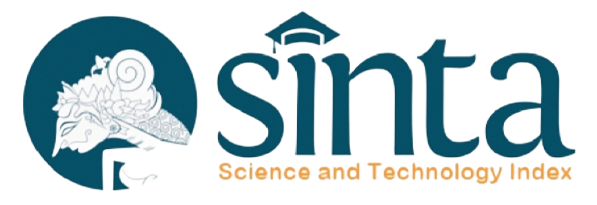Enhancing Diabetes Prediction Accuracy Using Stacked Machine Learning and Deep Learning Models: A Public Health Approach
DOI:
https://doi.org/10.33022/ijcs.v14i4.4947Abstract
Diabetes mellitus is a growing public health issue in Malaysia, affecting 7 million adults aged 18 and older. By 2025, 20.1% of Malaysians will have diabetes, with the International Diabetes Federation predicting 5 million by 2030. A study aims to improve diabetes prediction accuracy and reliability. The Indian PIMA Diabetes dataset was used to develop stacked machine learning and deep learning models, with 70% ML and 30% DL achieving optimal results. The weighted soft voting ensemble (70% ML, 30% DL) outperformed individual stacking models in terms of reliability and balanced performance, improving diabetes classification with 75.65% accuracy, 67.89% precision, and 81.41% ROC-AUC. The ensemble method, optimized for medical diagnosis tasks, showed improved accuracy, robustness, and generalization. However, ethical considerations, data privacy, and algorithmic biases are crucial for maximizing AI's potential in diabetes care, highlighting the need for scalable solutions.
Downloads
Published
Issue
Section
License
Copyright (c) 2025 MD ZIARUL Islam

This work is licensed under a Creative Commons Attribution-ShareAlike 4.0 International License.





